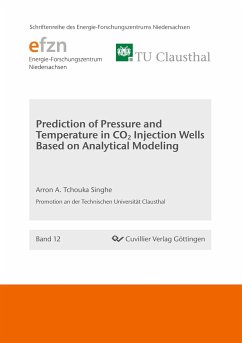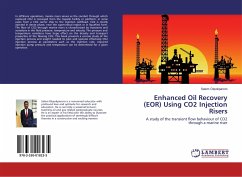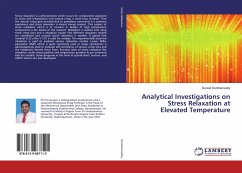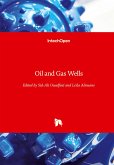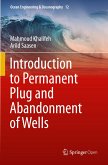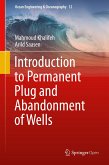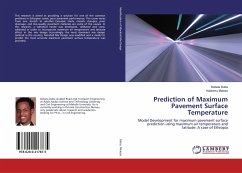Injection into geological formations is seen by many as a short to medium term measure to reduce emissions of CO2 to the environment and as such to slowdown the pace of global warming. The injection process requires that the fluid flows effectively into the host formation. To this end it is very important to accurately predict the pressure and temperature of the fluid along the well and especially at the bottom of the hole. In the present dissertation a rigorous procedure to estimate fluid pressure and temperature along CO2 injection wells has been developed based on analytical modeling. The procedure accommodates wellbores of varying diameter, varying deviation angles, non-uniform tubing strings and layered formations with different thermal properties and varying geothermal gradients. To test the models, computer codes have been written with Visual Basic.Net language on the Microsoft Visual Studio Platform. The codes are encapsulated in a user-friendly Graphical User Interface. The simulated results are compared with field observed data from a shallow aquifer injection vertical well in Germany (Ketzin) and that from a relatively deeper offshore aquifer injection slanted well in Norway (Snøhvit). The maximum deviation is around 2% for pressure and around 10% for temperature.

